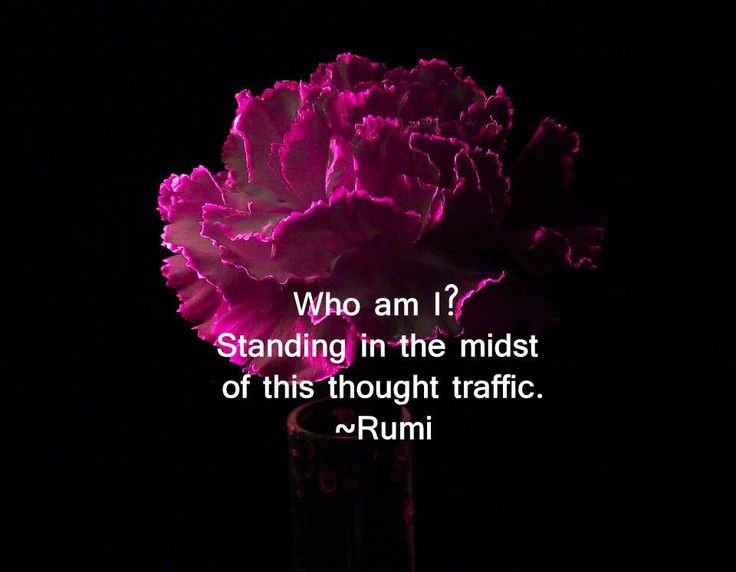KNOW THYSELF
The Essence of Knowledge is Self Knowledge — Plato
A fundamental basis for Western philosophy, the maxim of gnōthi seauton translates as “know thyself”. For the ancient world, it served as the clarion call to obtain and seek out self-knowledge. Gnōthi Seauton was said to have been inscribed along with the words mēden agan (“nothing to excess”) by the seven sages of ancient Greece, philosophers, statesmen and law-givers in the forecourt of the Temple of Apollo at Delphi.
DELPHI was The Centre of the Ancient World
It was the oracle dedicated to Apollo, the god of the Sun and light. Connecting with the energy and spirit of the land in mainland Greece particularly Spring time is highly recommended. A day-trip to this unbelievably awesome place is included in the programme of LIFE Awakening Greektreat, Athens and Mainland Greece, this May (contact Chrisoula to help you choose from a 3-Day or 7-Day Greektreat experiences.)
Know Thyself, though such a simple statement, is not entirely straightforward. It may be interpreted and stressed in myriad ways.
According to Laura Prins “you could think of it in terms of limitations, of understanding your various strengths and weaknesses; what you are capable of and what you are not. You can look at it in terms of mortality, in knowing and accepting that as a human you are not immortal and will die. You may see it in terms of knowing your place, in your family, work, and social networks. You may interpret “know thyself” as Socrates did, as a process of questioning and testing one’s most fundamental beliefs.”
Know Thyself was universally adopted and placed at the foundation of knowledge …
…the corner stone on which, the temples of philosophy should be erected. “The essence of knowledge is self-knowledge,” claimed the Greek philosopher Plato. Centuries before him, the Hindu Upanishads confirmed, “Enquiry into the truth of the Self is knowledge.” Leagues away and centuries later, the Persian poet Rumi wondered, “Who am I in the midst of all this thought traffic?”
Thomas Buford provides an interesting analysis. Using the definition and grammatical structure of the words, he arrives at the following interpretation: gnōthi seauton means “start gaining a proper discernment of what you are, what you are to be, and what you are to do.”
Look forward to connecting once again with this energetically vibrant place on this planet Earth. Whether you choose to come on one of my LIFE Greektreats or visit Delphi on your own, you will not be disappointed by its amazing beauty, history, culture. You will leave this place feeling inspired and eager to know yourself more.

![Delphi206[1]](http://www.chrisoulasirigou.com/wp-content/uploads/2014/03/Delphi2061-e1449357109758.jpg)

No comments yet.